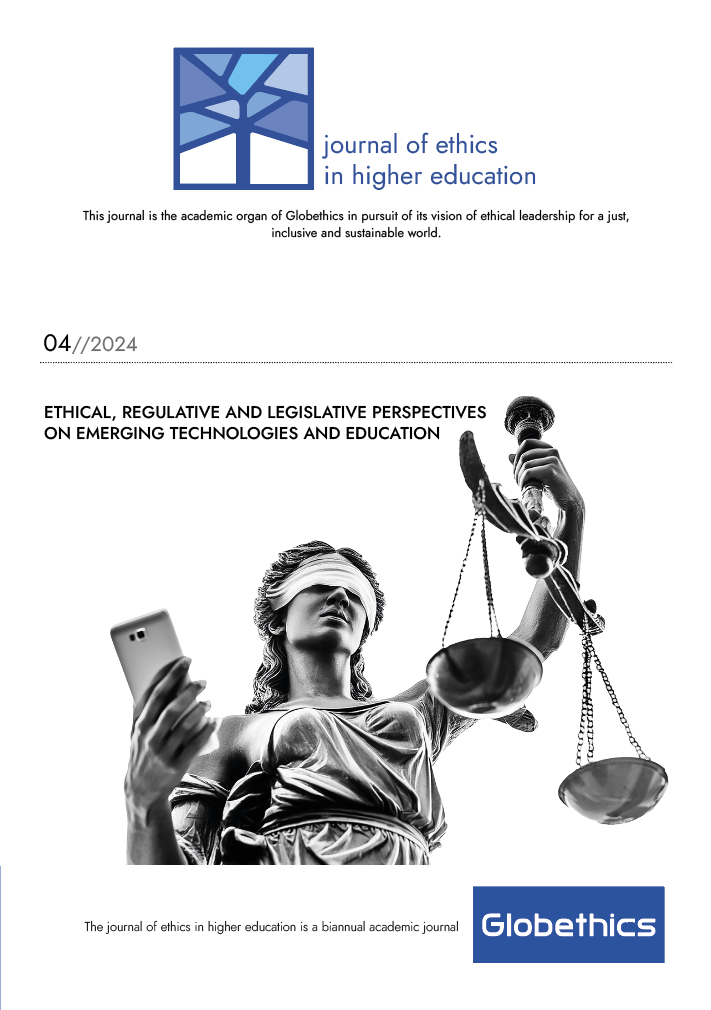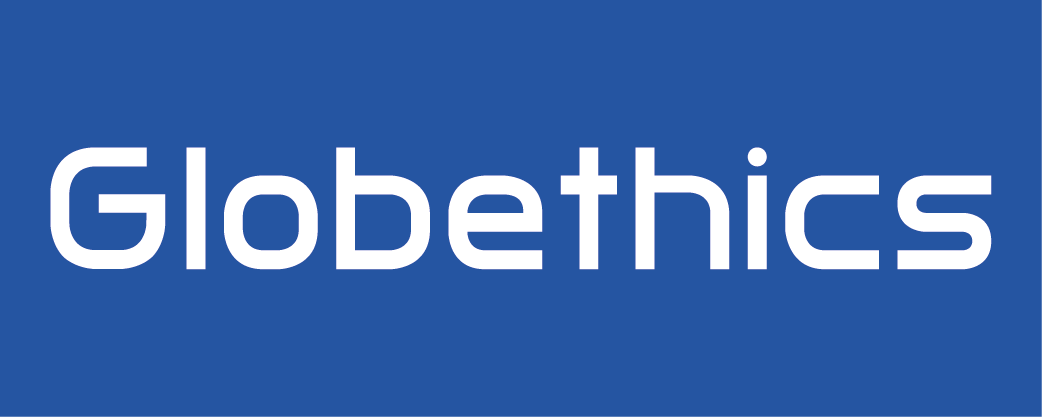Navigating the AI Frontier
Legal, Ethical, and Societal Considerations for Artificial Personhood
DOI:
https://doi.org/10.26034/fr.jehe.2024.5965Keywords:
Artificial PersonhoodAbstract
The rapid digital transformation driven by Artificial Intelligence (AI) is reshaping innovation and operational efficiency across industries. As autonomous AI systems are becoming prevalent, they significantly influence traditional business models, societal norms, and legal frameworks. AI technologies are evolving beyond mere tools to become independent economic agents capable of generating assets, making decisions, commercializing products and services, and being accountable for their actions. This evolution requires a reassessment of traditional concepts of corporate and moral personhood, particularly as AI-driven businesses need to operate inside conventional legal frameworks. This paper explores the rise of entirely AI-driven entities with fully autonomous decision-making processes, advocating for the legal status of artificial personhood. It underscores the need for an ethical and regulatory framework to ensure these entities will proliferate and operate for human progress with integrity and responsibility.
Downloads
Published
How to Cite
Issue
Section
License
Copyright (c) 2024 Mondher Khanfir, Sana Karray

This work is licensed under a Creative Commons Attribution-NonCommercial-ShareAlike 4.0 International License.
Journal articles of Globethics Publications are published under the open Creative Commons License Attribution-NonCommercial-ShareAlike 4.0 International (CC BY-NC-SA 4.0), which guarantees the rights of licensor and allows free use and re-use to the licensees (the readers) who can: 1) Share — copy and redistribute the material in any medium or format 2) Adapt — remix, transform, and build upon the material provided appropriate credit is given and similar license is used in case of such adaptations. Content should not be used for commercial purposes. Each article (the version of record) can be deposited by the author on their academic institutional repository or personal author webpage.







